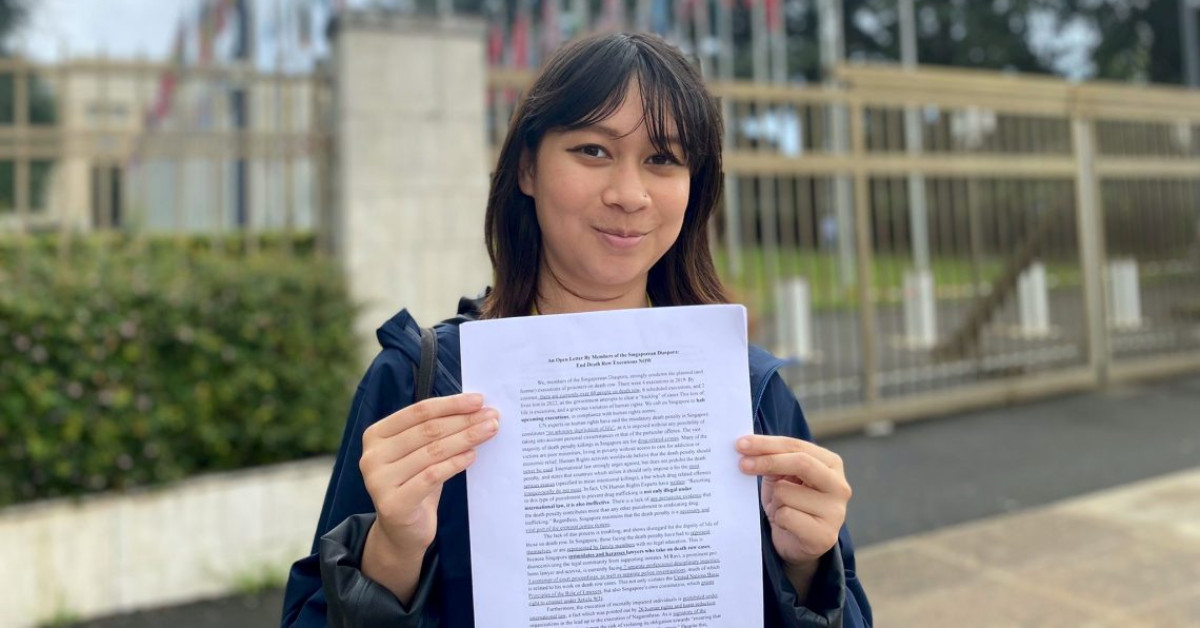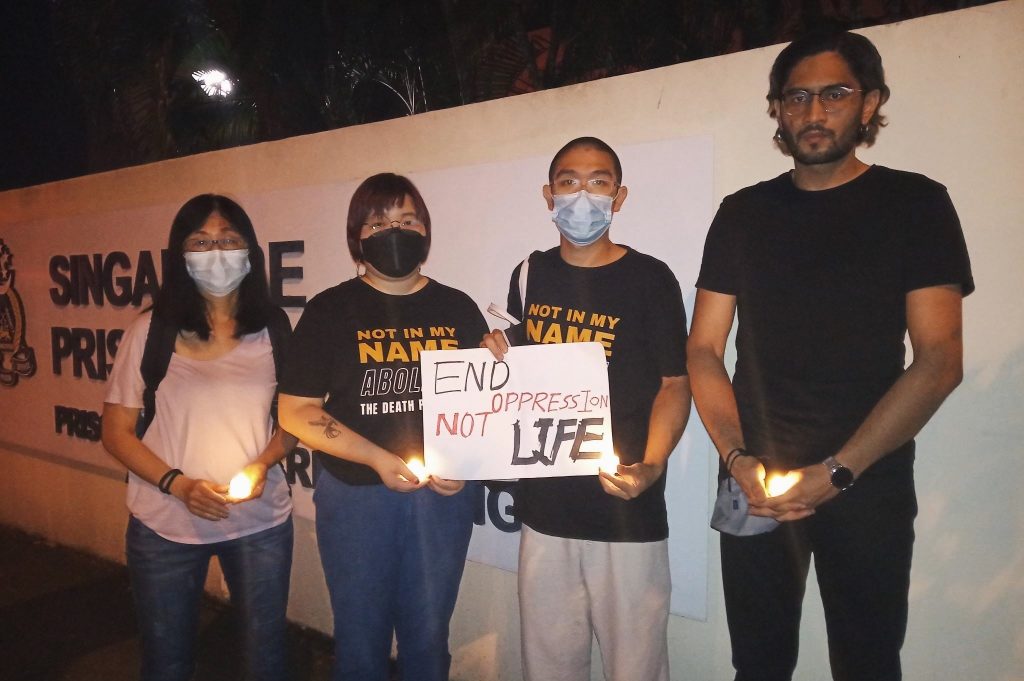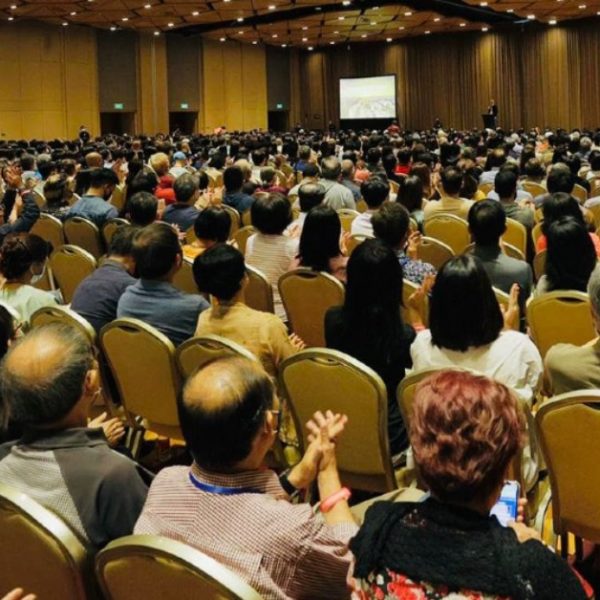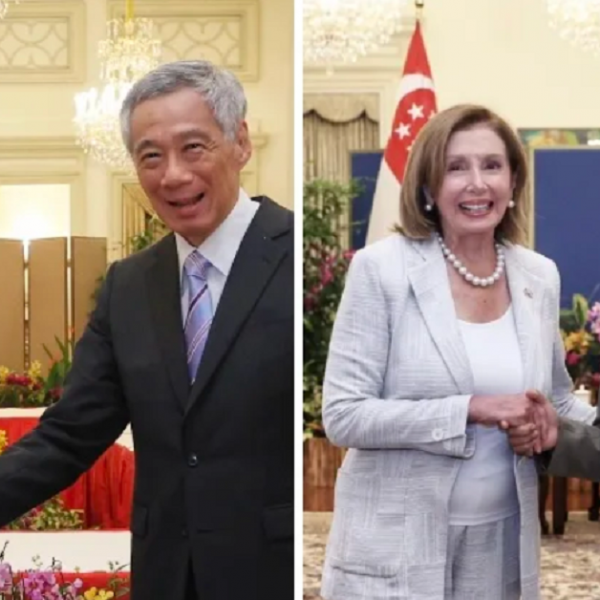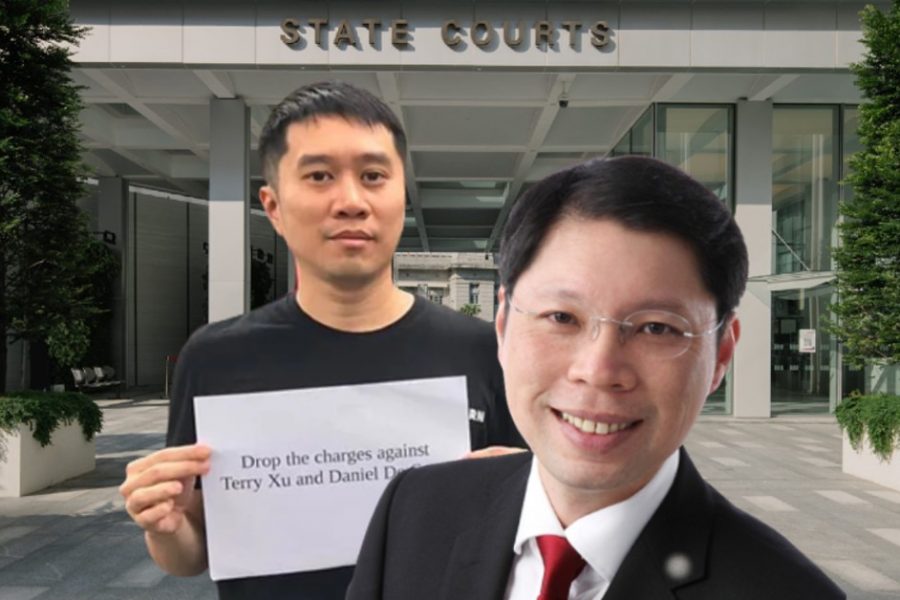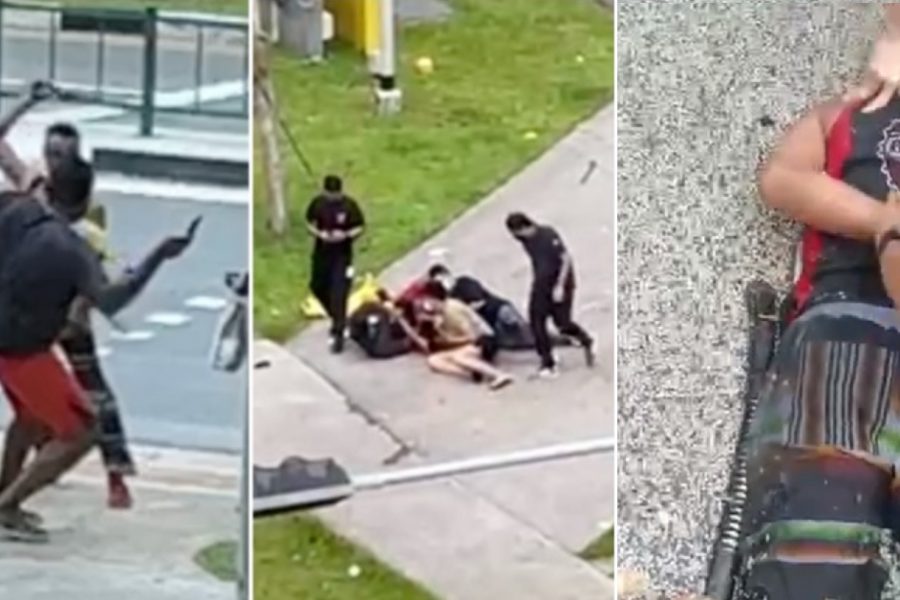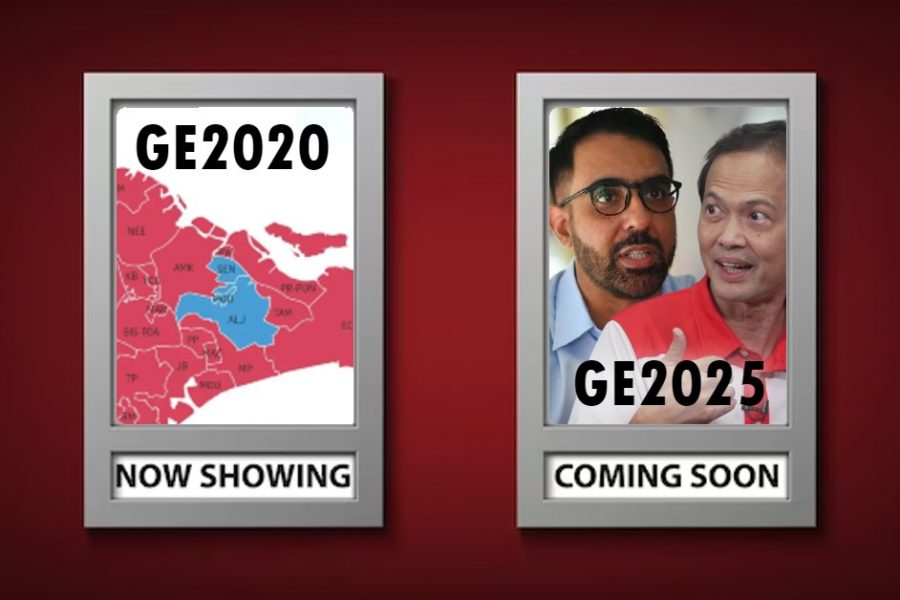On 11 June 2022, Singapore embassies across the world received an open letter signed by over 160 Singaporeans based overseas calling for the end of the death penalty. The initiative is by Tara Nair, an Institute of International Law and Justice scholar at New York University.
Kuanyewism spoke to Tara, and here is her story.
What inspired you to take such an initiative?
Tara: I was following the news back home about the executions while in my first year of law school in the U.S.. Being so far away from home when these things are happening is difficult– I want to help but I don’t know how, I didn’t know if it’s my place to insert myself in local politics and I didn’t know how to support the movement while being both so physically and socially far. I’m studying to be in human rights and have involved myself in community advocacy in the U.S., and felt almost ashamed that I wasn’t using those skills to support people back home.
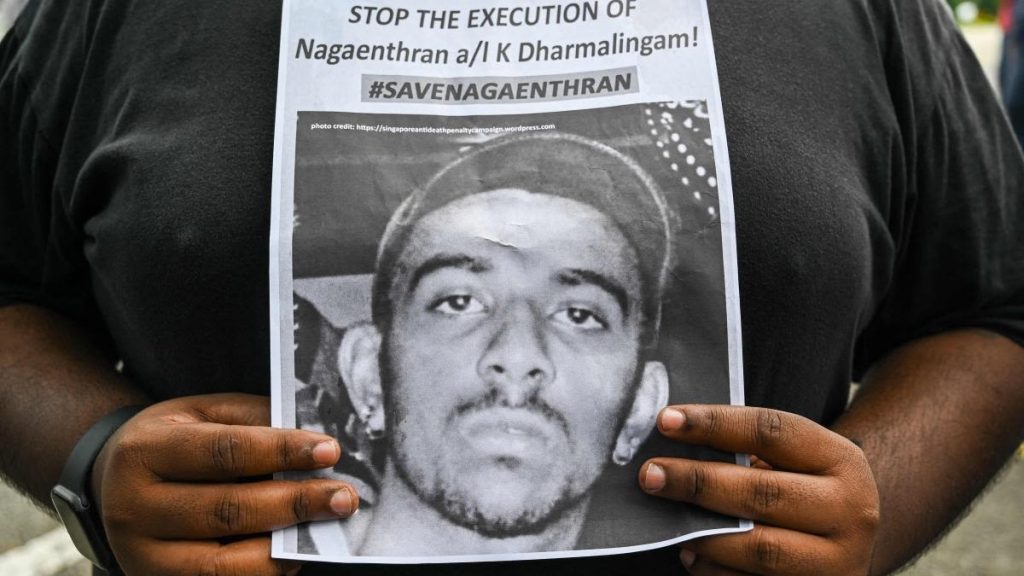
After Nagaenthran’s execution I was heartbroken, and I knew that many other diaspora Singaporeans either were as well, or would be if they were following the news. I reached out to the account left.sg, and then Kirsten Han and lots of other death penalty activists to ask how I can best help. I also got the support and advice of Jee Leong Koh of Singapore Unbound in NYC.
The goal is really to get as many people as possible to speak out. At that point, many international organizations along with local advocates had been vocal about the inhumanity in the string of executions. There was no unified way for overseas Singaporeans to express disagreement, anger, grief, so that is the gap I’m trying to fill here. I have all the privilege and resources both in Singapore and while here by being at a rich school in the Global North and wanted to find a way to funnel that back home. This is what we came up with. I noticed recently a open letter specifically by people in the UK, so it’s really good to know that the global diaspora community stands against the executions and with TJC.
What were some difficulties that you faced along the way?
Tara: The most difficult thing is having to wake up on the other side of the world, open up wakeupsg, instagram, or other news sources and see that another execution is scheduled, another execution is happening, another life was lost, and not being able to be physically present with others who are grieving.
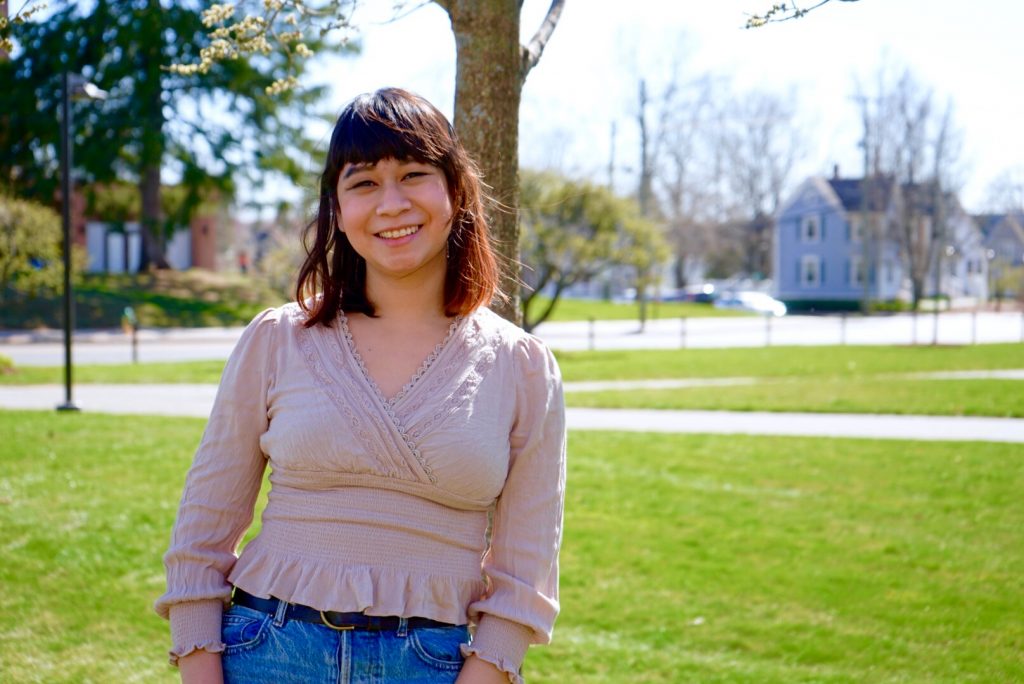
There is also difficulty in dealing with the influx of hate. I’m pretty sensitive in general and was preparing myself for people to not only disagree but be vicious about it, but there was nothing that prepared me for the first wave of anonymous comments. People were telling me to get hanged, to never come home, that I’m not really Singaporean. There were also people I knew personally who either really disagreed or just disagreed with me speaking publicly about it.
Having those conversations was hard. But I know who I am and I know what I believe in, and I believe in abolition because I believe in the dignity of life. That’s a value that no one can take away from me. And at the end of the day, all the hate and comments are hard but when someone’s life is at stake it’s miniscule.
Seeing the pictures of inmates in their final photoshoot, where they are allowed to wear civilian clothing, realizing how they are just scared people that the system has forsaken, and then reading comments that completely dehumanize them, that is hard. Even if the killing stops now, there will always be those lives lost. And it’s never going to be okay.
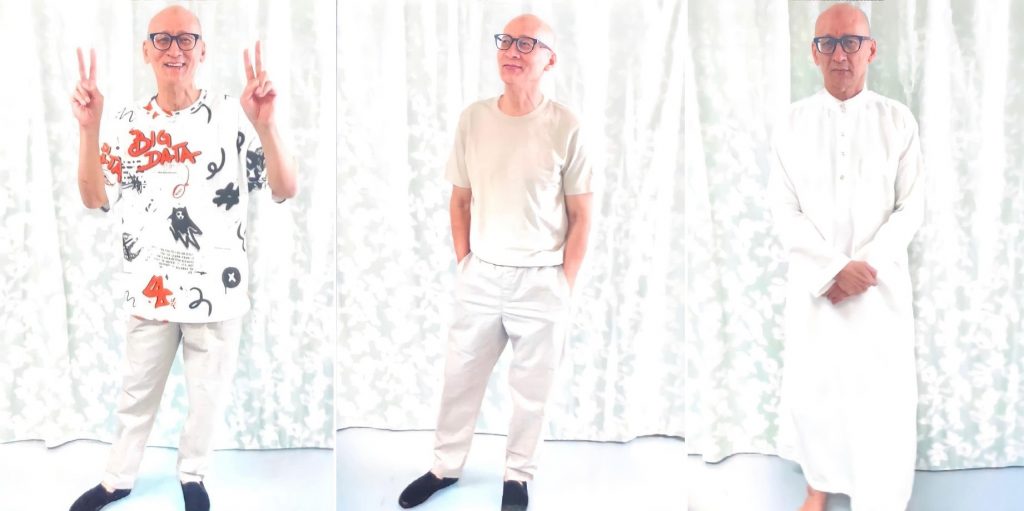
What is something you wish to say to those who are stubborn about the death penalty?
Tara: I think when I see the comments the first thing that strikes me is that people don’t see those on death row as people– they think they’re inherently amoral because of criminality or association with drugs, but these are concepts that humans created. So I would say to read up on the individual stories of the people. You can be anti-drug, pro-regulation, all of that, but at the end of the day the people on death row are people who shouldn’t have to fight and argue for their right to life– that is what’s inherent.
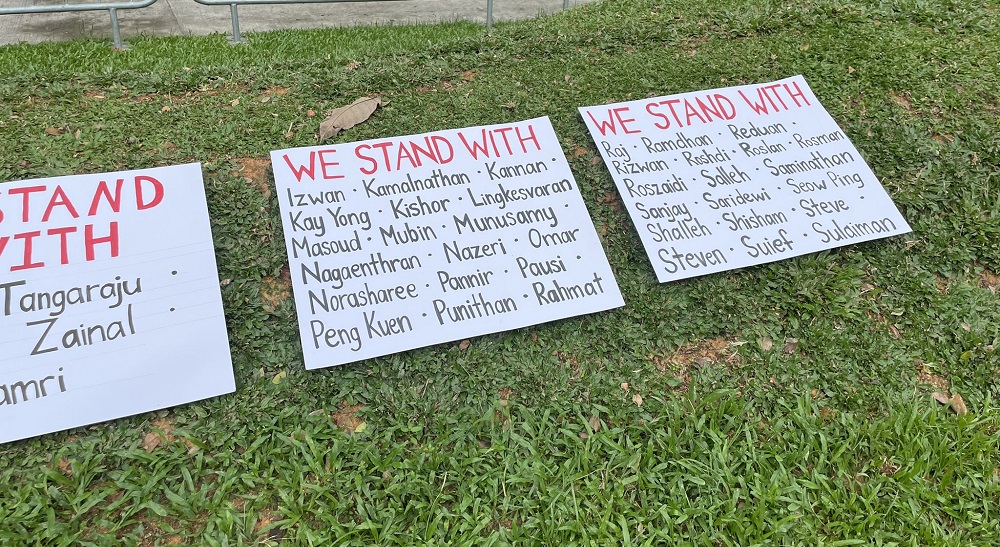
It’s been consistently pointed out that most people on death row and people who get penalized for drug crimes are poor minority men, many from neighboring countries, who made difficult choices that they wouldn’t have to make if states provided them with social protections. So I would ask: why are we so comfortable seeing these people as lesser than?
But the system is so cruel and inhumane that so many people are desensitized to the baseline fact that these are real people with families, regardless of whether they’re Singaporeans or our neighbors, they’re people with lives who are being killed.
That’s what we mean when we say #notinourname. These killings are not for all Singaporean citizens. If the goal was safety and protection for all Singaporeans, we would invest in social services, we would do what we can to eradicate poverty and provide harm reduction services with no stigma.
There’s also nothing resembling a fair process if those on death row have to represent themselves and lawyers who try to support them get penalized. And read up on Singapore’s history of shutting down dissent. People try to argue that arguing against the death penalty is anti-Singapore.
Leftists and rights advocates have always been a part of Singapore, we’ve just been erased and drowned out. And all the people I know fighting against the death penalty– it’s because we love so many things about Singapore, including the people on death row, and we believe that the fabric of Singaporean society is strong enough to withstand abolition and it will only be strengthened if we don’t leave people behind.
Anything else to add?
Tara: We’re still accepting signatures on the form from everyone, whether you’re Singaporean or an international ally. We’re not going to stop making noise. I am not naive, I know that it’s a constant uphill battle. But for the respect of lives lost we can’t stop fighting.
If you’ve already signed, thank you so much! There are other ways to be involved, many in the letter itself or on the TJC website! A big thing is with every announcement of a scheduled execution, to do some research on the case and send a letter requesting clemency to the Istana. This is one concrete way to help individual cases.
If you have the financial resources, donating to families, TJC or other advocates projects, as well as towards legal fees faced by lawyers and activists. Find out about mutual aid efforts in your area; the best resistance to a state that wants us not to have sympathy for our neighbors is to build community. And never stop voicing your dissent.
Sign the open letter here.
